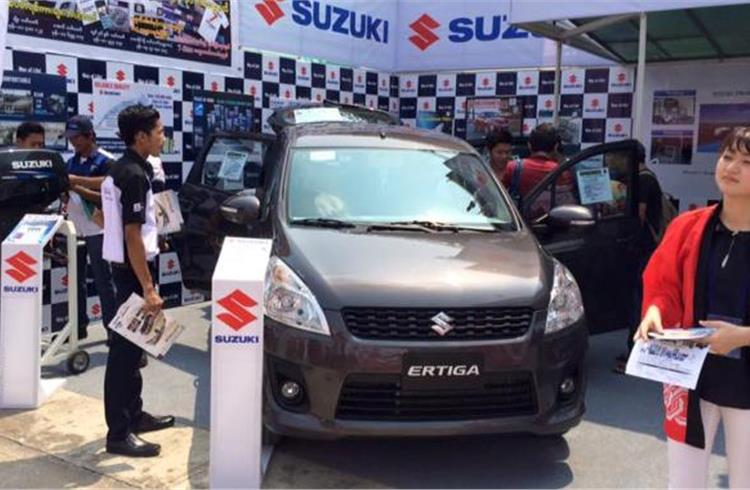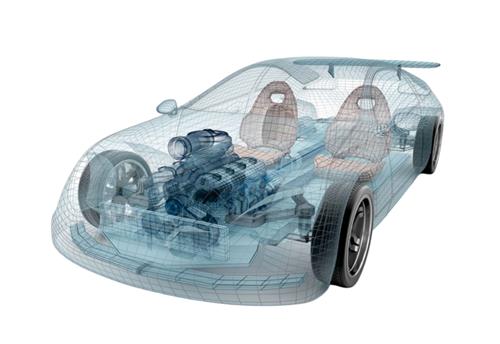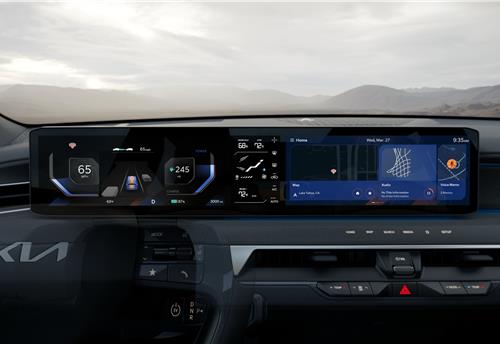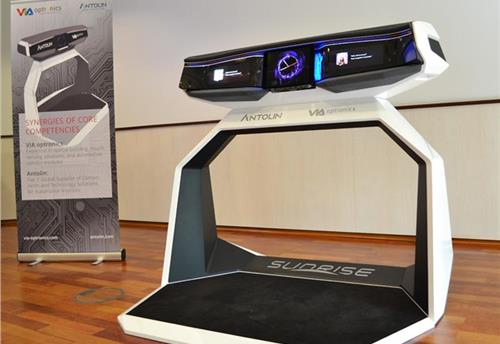Japanese cars dominate Myanmar’s used car market: Report
In particular, the country’s second-hand car market is experiencing a boom with most locals preferring to buy used Japanese cars.
With the opening up of Myanmar’s economy, the country’s automotive industry is among the ones benefitting by new government regulations as rising car ownership is driving rapid developments in the sector’s infrastructure and related markets. In particular, the country’s second-hand car market is experiencing a boom with most locals preferring to buy used Japanese cars.
A recent study commissioned by GfK Asia in Myanmar among 500 car owners in the two most populated areas of Yangon and Mandalay revealed that nearly all respondents—98 percent—said the car they now own was bought second hand, and 95 percent of these cars were Japanese models.
“With the country’s automotive sector still in its ‘infancy’ stage at this point and many consumers only starting to own their first car, affordability and functionality are understandably the key factors when choosing which car to buy,” said Benedict Hong, commercial director at GfK Asia. “The wide range of Japanese car manufacturers presenting local consumers with their competitive offerings has made them a top choice amongst prospective car owners there.”
When it comes to car batteries, consumers said they would prefer to purchase the same brand which came with the car, which is hence skewed towards those made in Japan. Japanese branded car batteries currently account for 60 percent of the total car batteries market in Yangon and Mandalay.
Between the two kinds of car batteries—conventional and maintenance-free, four in five (80%) car owners prefer to go for the hassle-free type. While the conventional type requires regular care by refilling with electrolyte and checking for sulphur formation, maintenance-free battery offers more convenience as it is a sealed battery that needs no refilling of electrolyte and has minimal spillage and sulphur formation.
Around four in five (80%) change their car batteries within two years of owning the car, with over two in five (44%) make the replacement within just a year.
“Myanmar’s hot climatic conditions and rough road terrain add to the needs of car owners to send their car for maintenance and replacing its spare parts more frequently,” explained Hong. “And the fact that the country’s automotive market is on its growth path, it is most definite that the demand for aftermarket car parts would continue to grow along with this flourishing sector as the country continues to develop at a rapid pace,” he concluded.
RELATED ARTICLES
Marelli Talbros Chassis Systems wins Rs 1,000 crore business from European OEM
The order, to be executed over an eight-year period, is for the supply suspension arms tailored for both conventional in...
Kia launches customised NBA display themes for North American market
Display Themes is a customised service that supports a personalised vehicle experience, allowing users to customise the ...
Antolin and VIA Optronics unveil versatile vehicle cockpit concept
The Sunrise vehicle concept cockpit, which is engineered for seamless transitions between manual and autonomous driving ...





 By Autocar Pro News Desk
By Autocar Pro News Desk
 30 Jun 2016
30 Jun 2016
 8731 Views
8731 Views









